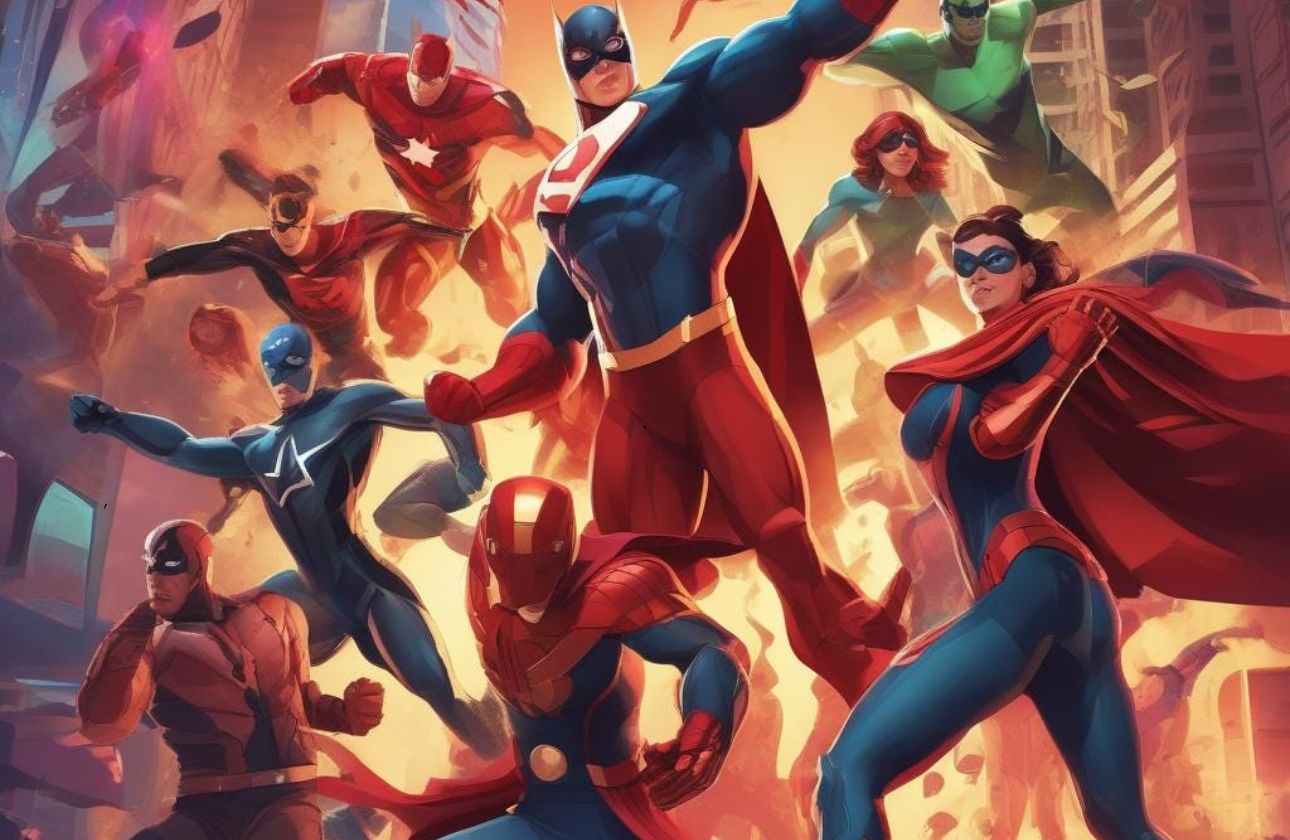The Evolution of Superhero Movies
Superhero movies have become a cornerstone of modern cinema, captivating audiences worldwide with their thrilling action, compelling stories, and iconic characters. What began as a niche genre inspired by comic books has evolved into a multibillion-dollar industry. Let’s delve into the journey of superhero movies, exploring their transformation from humble beginnings to the establishment of expansive cinematic universes.
The Origins: Comic Books on the Big Screen
The superhero movie genre owes its roots to the golden and silver ages of comic books. Early adaptations, like Superman and the Mole Men (1951) and Batman: The Movie (1966), captured the campy essence of the source material. These films appealed primarily to comic book fans, relying on simple plots and a lighthearted tone.
The Breakthrough Era: 1970s–1990s
The 1978 release of Superman, directed by Richard Donner and starring Christopher Reeve, marked a turning point. It combined groundbreaking special effects with a heartfelt story, proving that superhero films could be both commercially successful and critically acclaimed.
The late 1980s and 1990s saw the rise of darker, edgier adaptations like Tim Burton’s Batman (1989) and Sam Raimi’s Darkman (1990). These films pushed the boundaries of the genre, appealing to a broader audience while setting the stage for more complex storytelling.
The Rise of the Blockbuster: 2000s
The 2000s ushered in a new era with X-Men (2000) and Spider-Man (2002). These films embraced advanced CGI to bring iconic characters and their powers to life. Studios recognized the potential of the genre, leading to an influx of superhero blockbusters.
Christopher Nolan’s The Dark Knight trilogy (2005–2012) elevated the genre further, introducing gritty realism and exploring complex themes like morality, justice, and chaos. The trilogy’s critical and commercial success cemented the legitimacy of superhero movies as serious cinema.
The Marvel Era: Building Cinematic Universes
The 2008 release of Iron Man marked the beginning of the Marvel Cinematic Universe (MCU), a bold experiment in interconnected storytelling. Under the leadership of Kevin Feige, Marvel Studios redefined the genre by weaving individual superhero stories into a cohesive narrative arc.
With over 30 films and Disney+ series, the MCU has become a global phenomenon, inspiring other studios to create their own cinematic universes, such as DC’s Extended Universe and Sony’s Spider-Man Universe.
Diversity and Representation
In recent years, superhero movies have made strides in diversity and representation. Films like Black Panther (2018), Wonder Woman (2017), and Shang-Chi and the Legend of the Ten Rings (2021) have showcased heroes from diverse backgrounds, resonating with audiences worldwide and breaking box office records.
The Future of Superhero Movies
As the genre continues to evolve, the focus is shifting toward exploring new storytelling formats, such as limited series and animated features. Superhero movies are also addressing contemporary issues, using their wide-reaching platform to spark meaningful conversations.
From their comic book origins to the creation of cinematic universes, superhero movies have come a long way. They’ve transcended their niche beginnings to become a dominant force in entertainment, inspiring generations of fans and reshaping the landscape of modern cinema. As technology and storytelling continue to advance, the future of superhero movies promises to be as exciting as their heroic tales.



